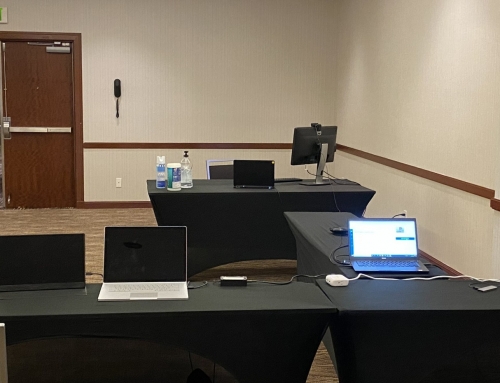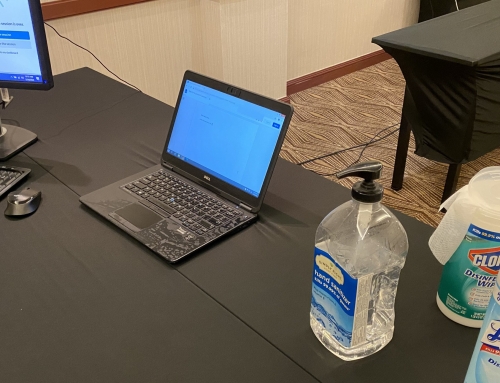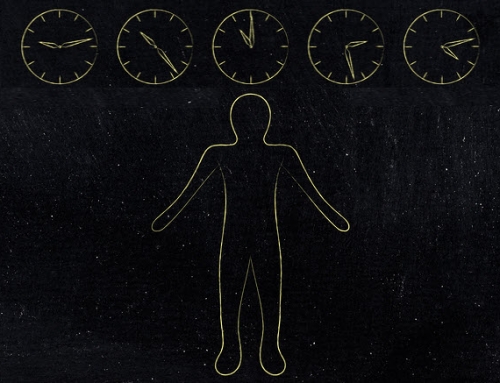[Update 3/29/13 – This blog has been the basis for: Lebson, Cory. 2011. “The Critical Importance of Web Usability in Disasters: Agency-Wide Efforts to Promote Usability at FEMA (PDF).” International Association of Emergency Managers (IAEM) Bulletin, Vol. 28, No. 11. November, 2011.]
In the last post, I talked about our user research training program at FEMA. In the past two years, I have also had the opportunity to lead a number of user research projects for FEMA as well. I have had the opportunity to conduct user research with disaster survivors in Galveston, Atlanta, Nashville, Chicago, and Raleigh. I’ve conducted user research with disaster managers at conferences in Orlando, San Antonio and Toronto, and I’ve conducted user research with those interested in disaster preparedness through multiple studies in the Washington DC area.
I try to represent the experiences of these user groups as they use various online resources that might eventually replace the web and mobile pages that are currently available. I have the participants try certain specific tasks and assess whether they can complete these tasks successfully. I also have the opportunity to listen to their very emotional stories – to hear and better understand what they went through in order to assure that the websites that are being created will meet the needs of disaster survivors, disaster managers, and those interested in disaster preparedness.
Usability testing is a powerful experience in and of itself, for any audience group, but it becomes all the more meaningful when you realize that you can make a difference for those who are, as one survivor put it, “in that freaking out stage.”
There is so much that this usability testing and resulting reporting has accomplished over the past two years in providing information that has led to definitive improvements on FEMA sites. Yet there is so much more still to do: to create Web sites for desktop and mobile devices that have what those involved in, or are preparing for, a disaster want and need; and to let them drill down quickly and efficiently to exactly those bits of information that are critical to their preparedness, their survival and their recovery.







